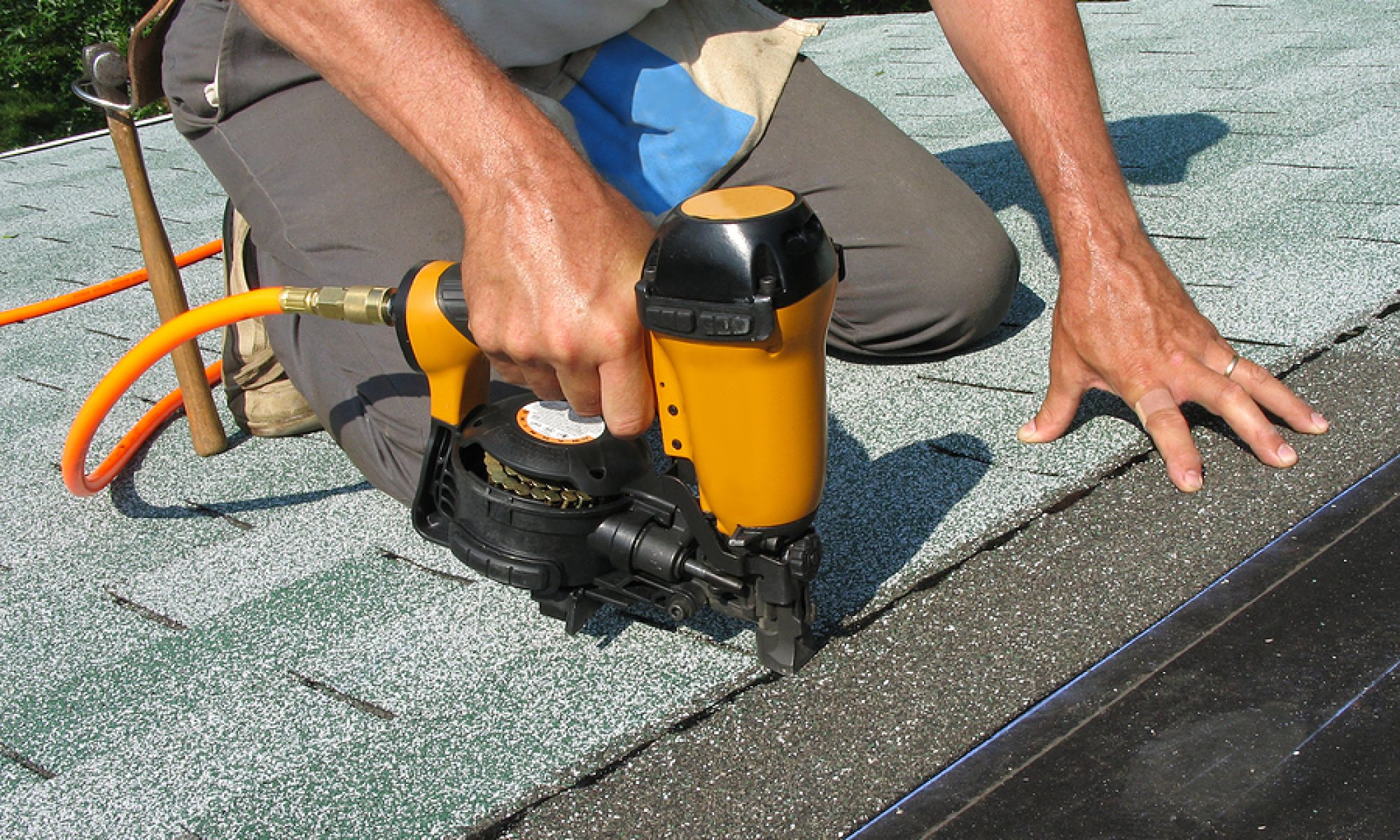
The roof of your house is an investment and will be worth the money only if you take great care of it. That is why finding a Broomfield roofing contractor that is able to live up to your requirements is a very important aspect.
Whether you renovate your roof or replace it, time will always be a key variable. You will spend a lot of money; you will put a lot of effort and you will always have to be careful that things happen on time.
To find a reliable local Broomfield roofing company, there are some questions you need to ask and compare the answers you get.
- How are we going to communicate?
Messages and emails are often insufficient when it comes to effective communication. It takes real skills to make sure you are correctly understood and also to understand correctly what someone is communicating. To put your ideas into practice, roofers need to be able to fully understand them. You need to be sure they have understood what you want from them and are able to professionally convey their own ideas and suggestions to you.
- Do you offer additional services?
Often, local roofing companies are just contractors with a couple of teams, specialized in residential or commercial projects. This means that you will have to hire people separately to perform other services necessary for the construction or renovation of your property, which may turn to be difficult and expensive. But there are also roofing companies specialized in other complementary works, such as siding. If you are thinking of a project that includes a bit more than just roofing, such a company will definitely make everything a lot easier, reduce your stress and the overall costs.
- What is your experience in the roofing industry?
The more experienced someone is in this industry, the better their chances of doing their job well, professionally and without incidents. Also, teams that have worked together for years are more likely to be more coordinated than those that newly formed teams.
Checking their experience will help you decide how well they can do their job and how efficient they are as a team.
- What other roofing projects have you managed?
Roofing projects can be commercial, residential or industrial. Each of these variants has different particularities, which require a unique approach, as well as certain types of materials and technologies. That’s why it is good to know what kind of projects your roofer has managed in the past.
Comparing your requirements with their completed projects will help you decide if they are able to achieve what you want.
- Are you licensed and insured?
License is a must, certifications represent an additional proof of reliability and commitment to quality standards, and insurance will keep you away from legal issues.
- How about warranties?
If you work with a licensed Broomfield roofer, you should be able to get warranties not just for a new roof system, but also for warranties and even for some maintenance operations, such as roof coating.

